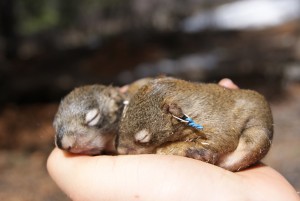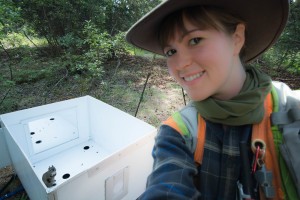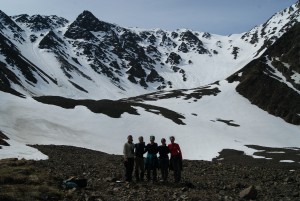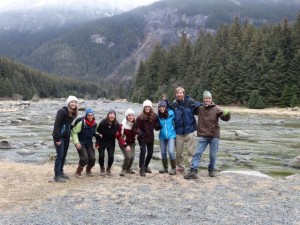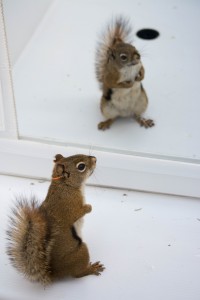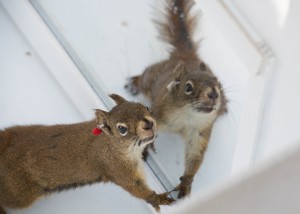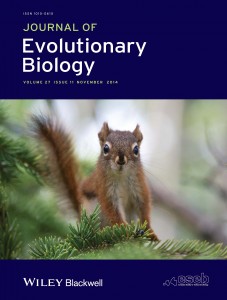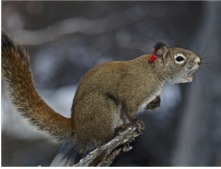 We are looking for volunteers to assist with fieldwork for a number of different time periods: (a) 1 March-30 April/15-May (b) 1 May-15 July, and (c) 1 September-15 October. We will also have two positions that extend from 1 March to 15-Aug.
We are looking for volunteers to assist with fieldwork for a number of different time periods: (a) 1 March-30 April/15-May (b) 1 May-15 July, and (c) 1 September-15 October. We will also have two positions that extend from 1 March to 15-Aug.
The positions are part of a long-term study of red squirrel ecology, evolutionary biology and physiology. As a member of the study, assistants will be involved with monitoring the reproduction and survival of individuals. Fieldwork will involve live-trapping and handling of animals, radio-telemetry, behavioural observation, and climbing trees to find young in nests. Some positions will also require handling for physiological assays (e.g., blood sampling) This is an excellent opportunity to gain experience working with a collaborative research team on a long-term study of a wild mammal.
All fieldwork is carried against the beautiful backdrop of southwestern Yukon, Canada. We will be staying at a rustic field station two hours from Whitehorse, and ~30 min to the nearest town (Haines Junction). Food and accommodation are provided. Volunteers are required to provide for their own travel to Edmonton, Alberta; however, travel from Edmonton to the field station (and back again!) is provided.
Training will be provided and no experience is necessary. An on-site head technician will coordinate the project, in coordination with the PIs. Candidates should have an interest in a number of the following (the more the better!): ecology, evolutionary biology, wildlife, field biology, and animal behaviour. The field camp is remote and low tech (no showers, cell phone service, or internet), so successful applicants must enjoy the outdoors and be able to remain a positive and responsible team member under relatively isolated and demanding conditions. Candidates must be in good physical condition, be willing to climb trees, and have an enthusiasm for learning. We work on ‘squirrel time’, which often involves long work days; as such, applicants must have a strong work ethic. That said, the atmosphere at squirrel camp is friendly and inclusive, and this area is one of the most beautiful in Canada. All nationalities are welcome.
If you wish to apply for one of these posts then please send a CV with a cover letter and contact details for three references (with e-mail addresses), by email to Ainsley Sykes (contact info below), by January 30, 2016. Please also indicate the time period(s) you are interested in.
Contact: Ainsley Sykes (Department of Biological Sciences, University of Alberta)

